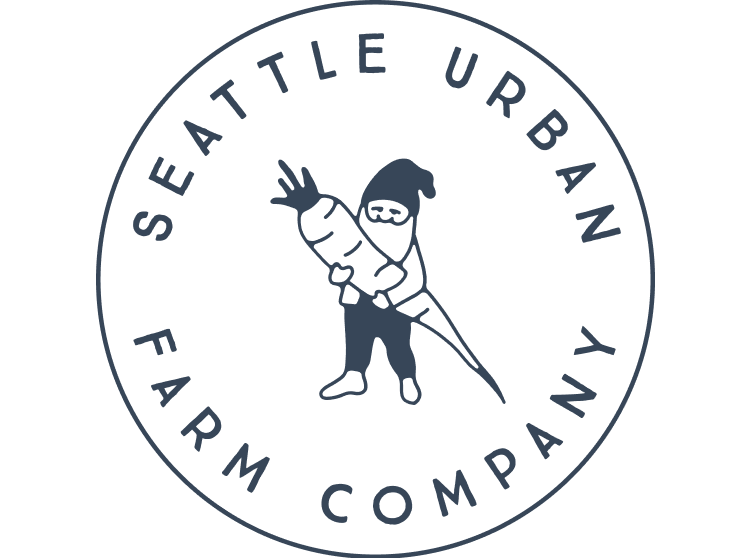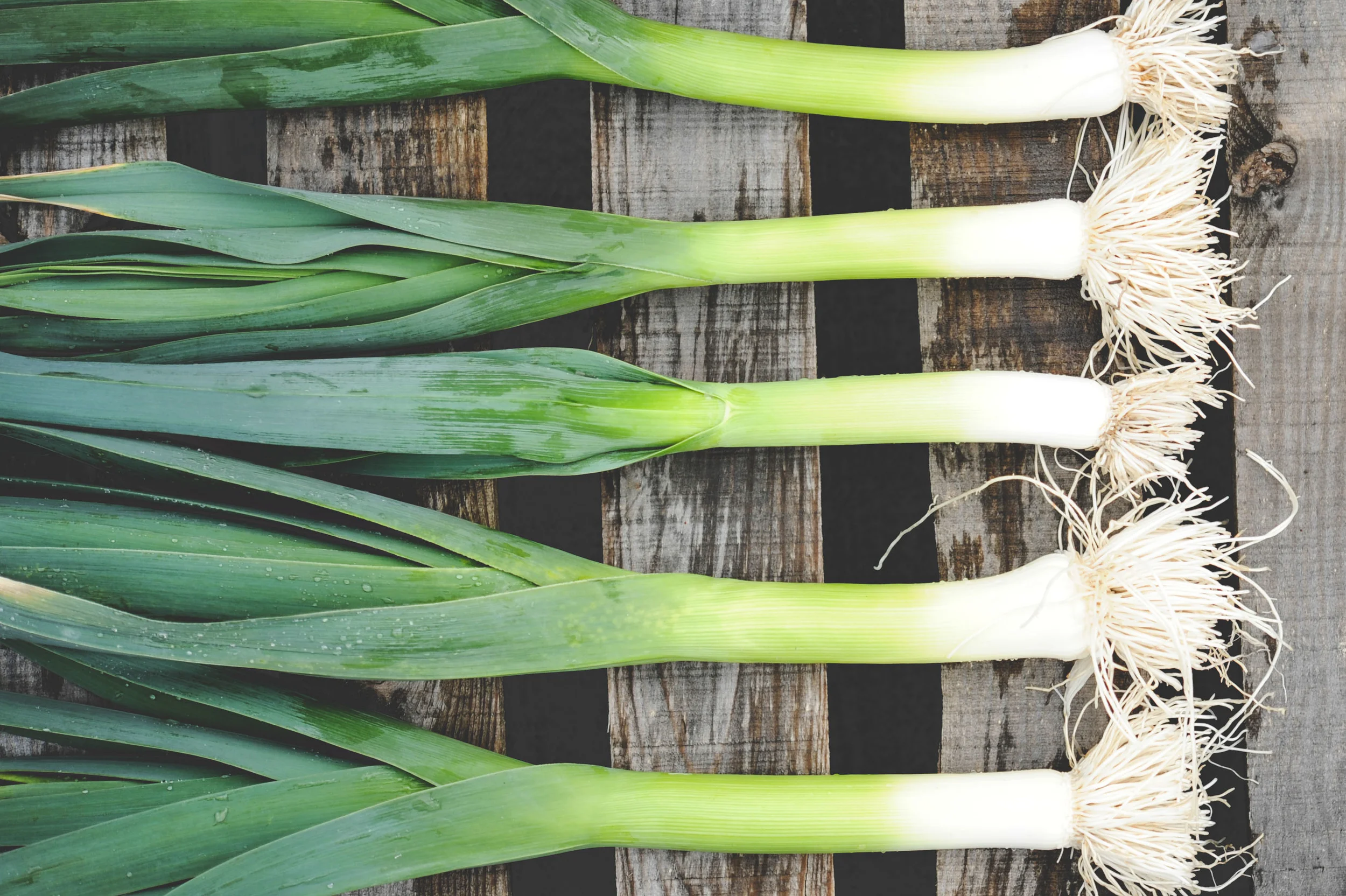I just sowed our first onions and leeks. As with so many great gardening traditions (e.g. planting peas on President’s Day, planting chocolate on Valentine’s Day, or planting hot dogs on the Fourth of July), I figured it would help to start the year's first seeds on a holiday: Martin Luther King Jr. Day. As with all great gardening traditions, I got a late start.
At this point, I am sure that you may be asking yourself something like, “Isn’t mid-January a little early to start vegetable seeds?” or maybe “Why am I reading this blog?”
Well, for now please let me attempt to elucidate a few of the wonderful properties of the onion. It should be noted that, the more unique characteristics a plant has, the higher its rating on the "SUFCo Plant Fantastic Index".
That being said, there are many things that make the humble onion a subject worth exploration: First, we should note that the seeds should be kept in the freezer. These seeds have a shorter shelf life than many other vegetable seeds and will likely only be viable for a year if left in your normal seed storage facility (a dark, dry place with zero gravity and free of drastic temperature fluctuations).
Second, onions can now keep the distinct honor of being the earliest sown seed (at least here in the PNW). For this same reason, many home gardeners are apt to grow their onions from sets rather than seeds. It is obviously difficult to get them sown early enough and to have the space and energy to do so.
There are, however, a few advantages to growing from seed.
One, lower cost: seeds are much less expensive than sets or young plants.
Two, the plants will be less likely to bolt: when grown as a set, the onion has already lived for one season and is thus being grown as a biennial, which means its evolutionary programming will tell it to send up a seed stalk ASAP effectively stopping bulb growth.
Three, you have something besides groundhogs to cheer for during February.
So...we sow our onions and leeks in late January, set under a grow light until early spring and get into the ground as soon as we can.
Because onions and leeks take so long to mature, and they are always necessary, we like to plant as many Alliums as we can:
Chives,
Garlic Chives,
Scallions (which are really just non-bulbed onions),
Green Onions (which are really just onions with very tiny bulbs),
Shallots (which are really just onions with slighty larger bulbs)
Leeks,
Sweet White Onions and,
Yellow Storage Onions.
Also an Allium, but requiring its own personal blog, chauffeur, and penthouse apartment: Garlic.
The last fantastic feature that I will mention is “Allium Day-Length Sensitivity”. Different species and varieties have unique light requirements, but bulb growth in most Alliums is triggered by a change in day length. Some types will not start bulbing until days exceed 12 hours, or 13 or 14 or...These differences make certain types more or less suitable to your region. You would want to grow different varieties in Panama (near the equator) than in Alaska (near a moose). Such distinctions are irrelevant to non-bulbing types (leeks, scallions, etc.).
Mostly, I just think that onions are continuously consumed but rarely considered.
In conclusion, at least I now have something to check up on every morning (besides the weather report).

